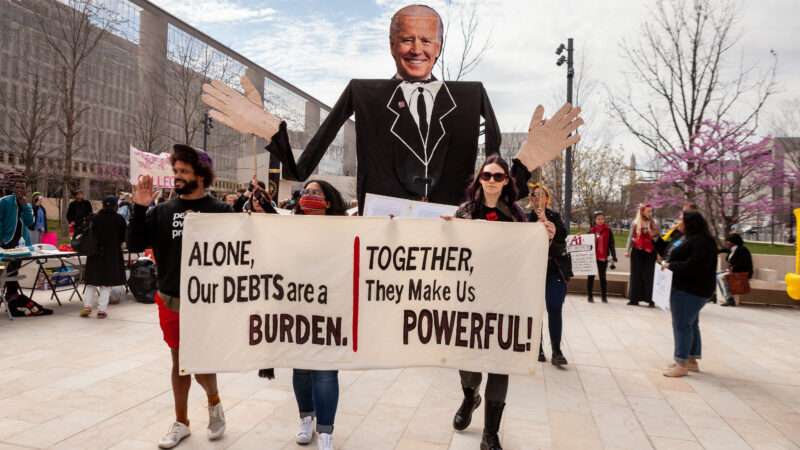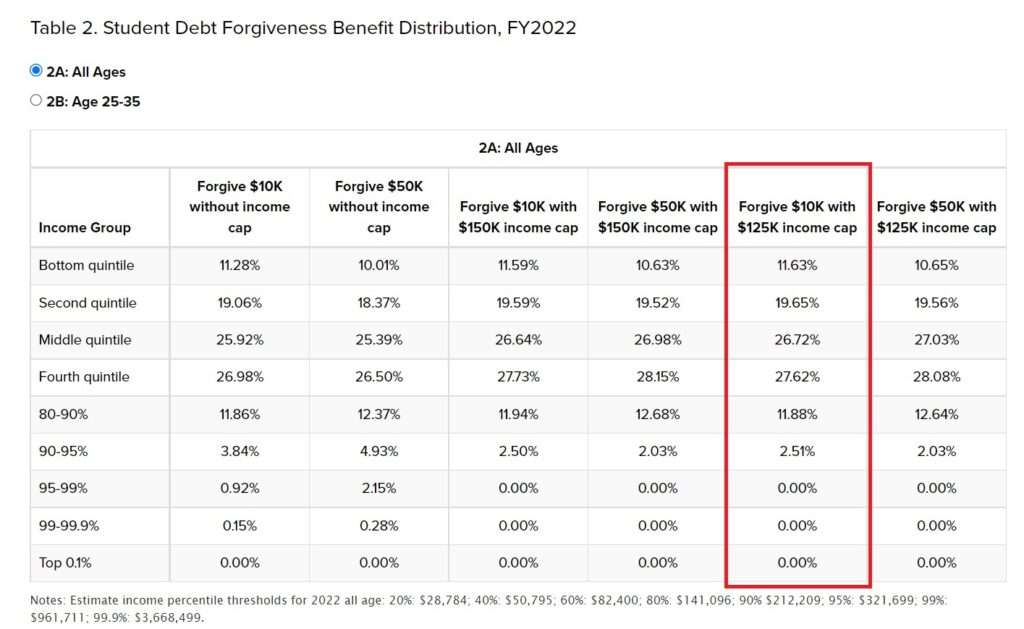

I was going to write a post about the current debate over whether Western nations should bar all or most Russian migrants and visitors. But much of what I might have said has already been better stated in an article by Reason immigration policy writer Fiona Harrigan. Here is her summary of the ongoing debate:
In an interview with The Washington Post earlier this month, Ukrainian President Volodymyr Zelenskyy said that Russians should “live in their own world until they change their philosophy.” In practical terms, he suggested that countries should “close the borders” to Russian citizens. “Whichever kind of Russian,” he said, “make them go to Russia.”
A number of nations have taken steps to prevent Russians from entering. So far, the Czech Republic, Lithuania, Estonia, Latvia, and Poland have decided to stop issuing certain visas to Russian citizens. Finland will be slashing its current level of Russian tourist visas by 90 percent….
European Union foreign ministers are expected to discuss the issue of Russian visas on August 31. Ahead of that meeting, many major figures—including people within the Zelenskyy administration—have argued against a blanket ban on visas for Russians. They recognize the ethical and practical issues that come with punishing civilians for the actions of an authoritarian government they can’t feasibly control.
Oleksiy Arestovych, a military adviser to Zelenskyy, told The Washington Post that he’s “not a supporter of collective responsibility [but of] individual.” While it might be reasonable to sanction those who overtly support Russian President Vladimir Putin, he said, he favored a “more selective” approach to visa denials for Russians.
German Chancellor Olaf Scholz likewise has rejected the idea of an E.U.-wide ban on Russian tourists, arguing that such a measure “would undermine the purpose and effect of targeted sanctions that have been applied to those supporting the war,” explains Politico. “This is not the war of the Russian people, but it is Putin’s war,” Scholz said at a press conference last week. “It is important to us to understand that there are a lot of people fleeing from Russia, because they are disagreeing with the Russian regime.”
On this issue, Zelensky is wrong and Arestovych, Scholz, and others are right. Harrigan explains some of the reasons why:
Zelenskyy argues that limiting the movement of Russian travelers should be done “until they change their philosophy.” But keeping Russians in Russia isn’t the right approach to encourage them to change their views. For one, the Kremlin has censored all manner of information about the war. Back in March, it blocked access to Facebook. It’s cracked down on journalists and foreign websites, censoring sites like BBC, Radio Free Europe/Radio Liberty, and Deutsche Welle. And in March, Putin signed a law that would dole out prison sentences of up to 15 years for those who circulate “false news” about the invasion. Russia arrested over 13,000 anti-war protesters in just the first two weeks after the war began.
Isolating Russians will be counterproductive. Allowing them to travel will surely bring them some measure of joy, but it will also give them access to views and insights on the invasion of Ukraine that they’d be hard-pressed to find at home. Fencing Russians off from freer nations will ensure that they’re kept in a hostile information environment, deprived of experiences that may make them more amenable to freedom and more hostile to their current regime. What’s more, it could keep certain vulnerable groups—like LGBT people or political dissidents—from leaving for safer places.
A sweeping visa ban would harm the Russian citizens that could very well benefit either from an escape route or exposure to ideas outside Russia’s borders. Keeping them isolated will only trap them in a country rife with censorship and risk alienating them from the West, playing directly into Putin’s hands.
Harrigan also notes that it would be a mistake to try to screen Russians in order to keep out those who support Putin, because it would “require visa-issuing authorities to make any number of subjective judgments” about visa applicants’ political views. More generally, imposing political viewpoint restriction on migration policy has much the same flaws as other government policies targeting people based on their political views. It’s reasonable to sanction and otherwise punish Russians (and others) for perpetrating injustices and human rights violations – including those associated with the Putin’s brutal war against Ukraine. But it’s wrong to restrict people’s liberty merely based on the fact that governments have concluded they have wrong political views. Restricting it merely because they have the misfortune of being born in a country with a horrible government is even worse.
In addition to the points made by Harrigan, it’s also worth emphasizing that letting Russians migrate freely to the West can impose a “brain drain” on Putin, while simultaneously bolstering our own economy. It would also strengthen our position in the war of ideas against his brand of authoritarian nationalism. The potential risk of espionage by Russian migrants is low and can be addressed by measures other than exclusion. Instead of making it harder for Russians to enter the West, we should be making it easier, thereby simultaneously helping people fleeing oppression and strengthening ourselves.
It might be argued that barring short-term visitors is less harmful than banning those seeking to live and work in the West long-term. Perhaps so. But even relatively brief visits can open people’s eyes to the fact that life in the West is happier, free, and more prosperous than in Russia, and thereby lead the visitors to question Putin’s regime. A short-term visit could also lead some to leave permanently. In addition, barring visits is still a restriction on the liberty of innocent people that serves no useful purpose.
The war against Putin is supposed to be a war for liberal democratic values. Imposing collective punishment on innocent civilians – including those who have no hand in the war and in many cases even oppose it – is the kind of thing Putin and other authoritarians do. Rejecting such measures is one of the ways the West can show we differ from our enemies.
In earlier posts (e.g. here and here), I addressed claims that opening the door to Russians and Ukrainians is unfair so long as the West is less open to those fleeing violence and tyranny elsewhere. While such arguments have a certain degree of merit, the right way to deal with the problem is through “leveling up” by being more open to others, not by barring Russians and Ukrainians. For those interested in consistency, I have a long record of also advocating refuge for victims of war and and oppression from elsewhere in the world, including in this recent post about Chinese fleeing that country’s brutal Covid lockdowns and other human rights violations. The Chinese government’s atrocities are at least as bad as Putin’s. If they do not justify barring Chinese from the West (and they don’t!), the same goes for the Russian case.
In sum keeping Western doors open to Russian migrants is the right thing to do for both moral and strategic reasons. If we forget that and ignore our principles, the main beneficiary will be Vladimir Putin.
The post Don't Play into Putin's Hands by Barring Russians from the West – Instead, let more in appeared first on Reason.com.
from Latest https://ift.tt/ytEX9xG
via IFTTT







